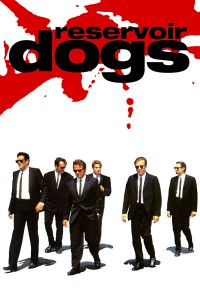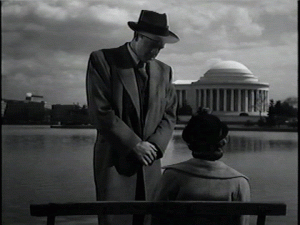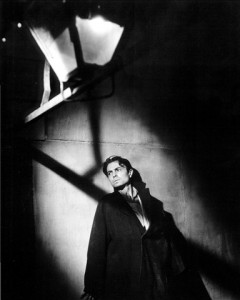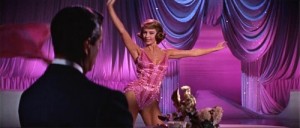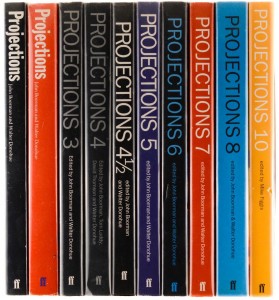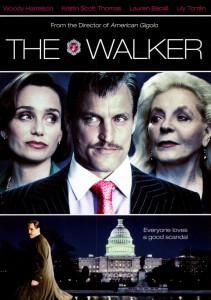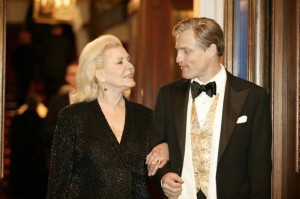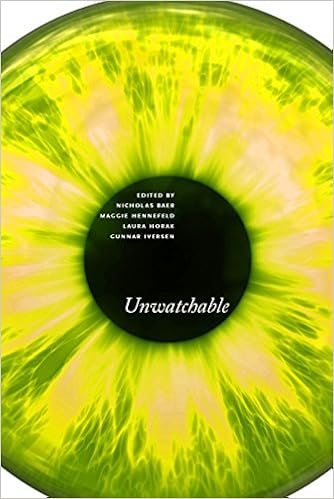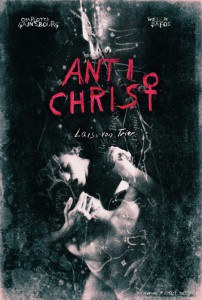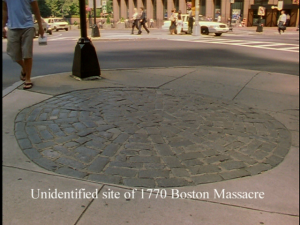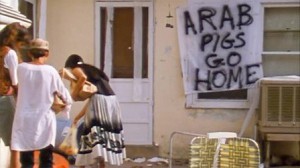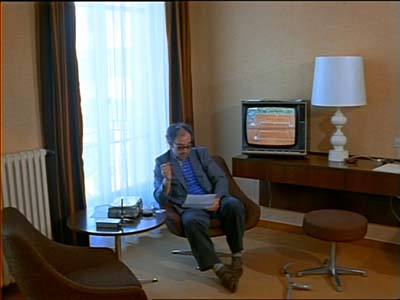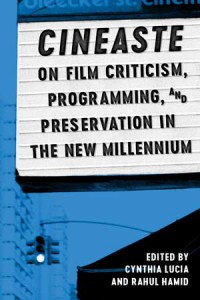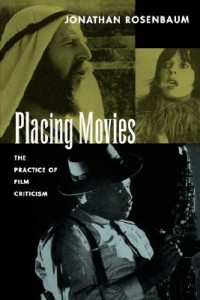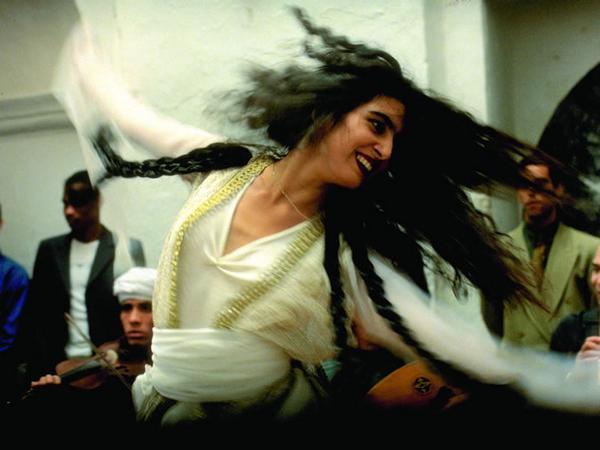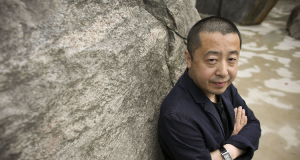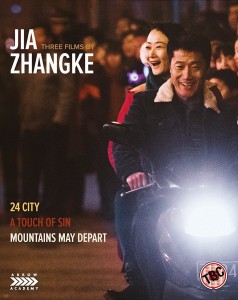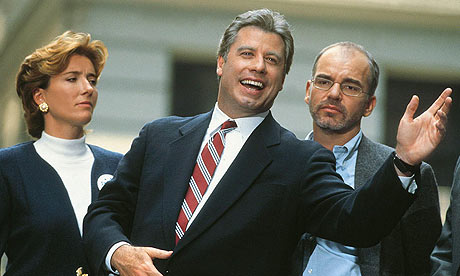From the Chicago Reader (March 1, 1993). — J.R.
A stunning debut (1992) from writer-director Quentin Tarantino, though a far cry from Stanley Kubrick’s 1956 The Killing, to which it clearly owes a debt. Like The Killing, it employs an intricate flashback structure to follow the before and after of a carefully planned heist and explores some of the homoerotic allegiances, betrayals, and tensions involved; unlike The Killing, it never flashes back to the heist itself and leaves a good many knots still tied at the end. The hoods here — including Harvey Keitel, Tim Roth, Michael Madsen, Steve Buscemi, and (in a bit) Tarantino himself — are all ex-cons hired by an older ex-con (Lawrence Tierney) who conceals their identities from one another by assigning them the names of colors. Our grasp of what’s going on is always in flux, and Tarantino’s skill with actors, dialogue, ‘Scope framing, and offbeat construction is kaleidoscopic. More questionable are the show-offy celebrations of brutality: buckets of blood, racist and homophobic invective, and an excruciating sequence of sadistic torture and (offscreen) mutilation that’s clearly meant to awe us with its sheer unpleasantness. It’s unclear whether this macho thriller does anything to improve the state of the world or our understanding of it, but it certainly sets off enough rockets to hold and shake us for every one of its 99 minutes. Read more

